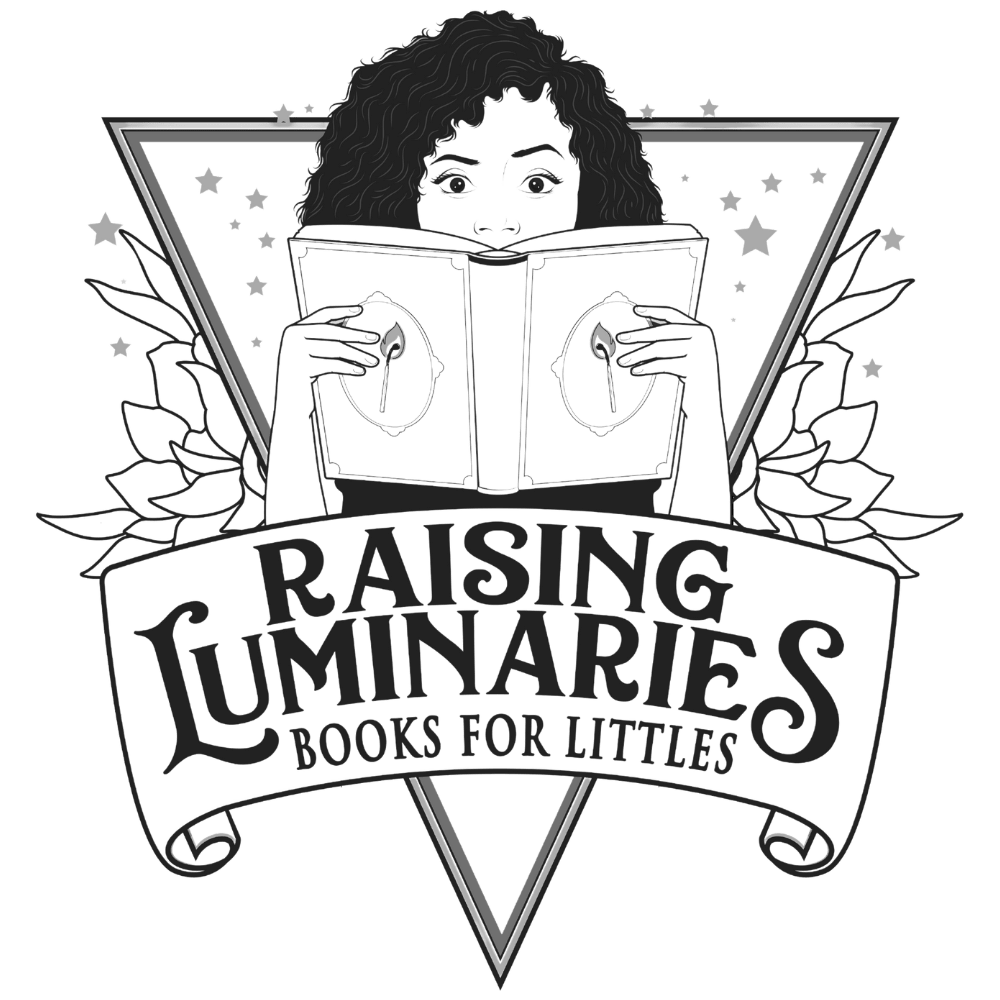Let’s Learn about Slavery & Abolition
Coming up – the anniversary of the uprisings in the Santo Domingo (territories currently known as Haiti & Dominican Republic), kicking off the start of a 13 year revolution (1791-1804) leading to the abolition of the slave trade in the Caribbean and directly influencing the 1865 abolition of slavery in the US.
As in all things colonizer-dominated education, if we’re even lucky enough to have access to teachers willing to have conversations about slavery, we’re still limited to learning about slavery and abolition close to home.
But it’s important that we show our kids that abolition was not initiated by white men with fun hats. The most effective uprisings and initiatives in the Caribbean informed the battle strategy and war map for rebellion and revolution for freedom throughout the world.
When is it?
- August 23: International day for the Remembrance of the Slave Trade and its Abolition
- December 2: International Day for the Abolition of Slavery
Read:
- Auntie Luce’s Talking Paintings (ages 6+)
- Freedom Soup (ages 5-9), and if you can find a copy, Mmmmm! Soup Joumou!
- Toussaint L’ouverture (Ages 8+)
Watch:
Discuss:
- What transitions happen during a revolution? (ex: power, economic, social)
- Who was Toussaint L’Ouverture?
- What is a ‘slave patrol?’ (If you’re not sure what it is, or why I say ‘is‘ and not ‘was,’ google it.)
- What types of slavery are still legal in the US today? (hint: read the 13th amendment)
- What tools, knowledge, and strategies did enslaved people take to fight for freedom in the 1790’s?
- What tools, knowledge, and strategies are families impacted by incarceration and exploited prison labor taking to fight for freedom today?
- *What revolution do you want to create in your lifetime? How will it impact the people you care about?
*I try to be flexible and understanding of the challenges of busy families. So I’m not usually into the ‘YOU SHOULD BE DOING THIS ALREADY.’ But fundamental to raising luminaries is weaving this question into everyday discussions with our kiddos.
Take Action:
- Support a local business that makes soup joumou, or buy your ingredients from a Black-owned grocer.
- Here’s a quick guide on expanding these discussions beyond books so kids understand human trafficking and enslavement isn’t something that happened to dead people in history no longer suffering. But how non-Black people benefit from a US economy built on slavery.
- Check out this Family Action Toolkit on kid-friendly actions any family can take to transition toward abolition.
- Eastern Massachusetts folks: Book a Wee The People Workshop at your community center or school. WTP was founded by Francie Latour (author of Auntie Luce’s Talking Paintings), an #OwnVoices Afro-Caribbean American whose activism and justice work centers art-based, grassroots revolutionary principles in early childhood.
- Tell Starbucks to come clean on cocoa, via Green America: Starbucks sources cocoa, the raw ingredient for chocolate, from West Africa. Much of the cocoa from the region is linked to serious social and environmental problems, including child labor.
Additional resources to dig deeper into this topic:
- Caribbean American Kids Stories
- Kids Books Centering Black Futures
- Children’s Books for Juneteenth
- Kids Books About Collective Action
- Civil Disobedience & Disrupting Injustice: Books for Upstanders






